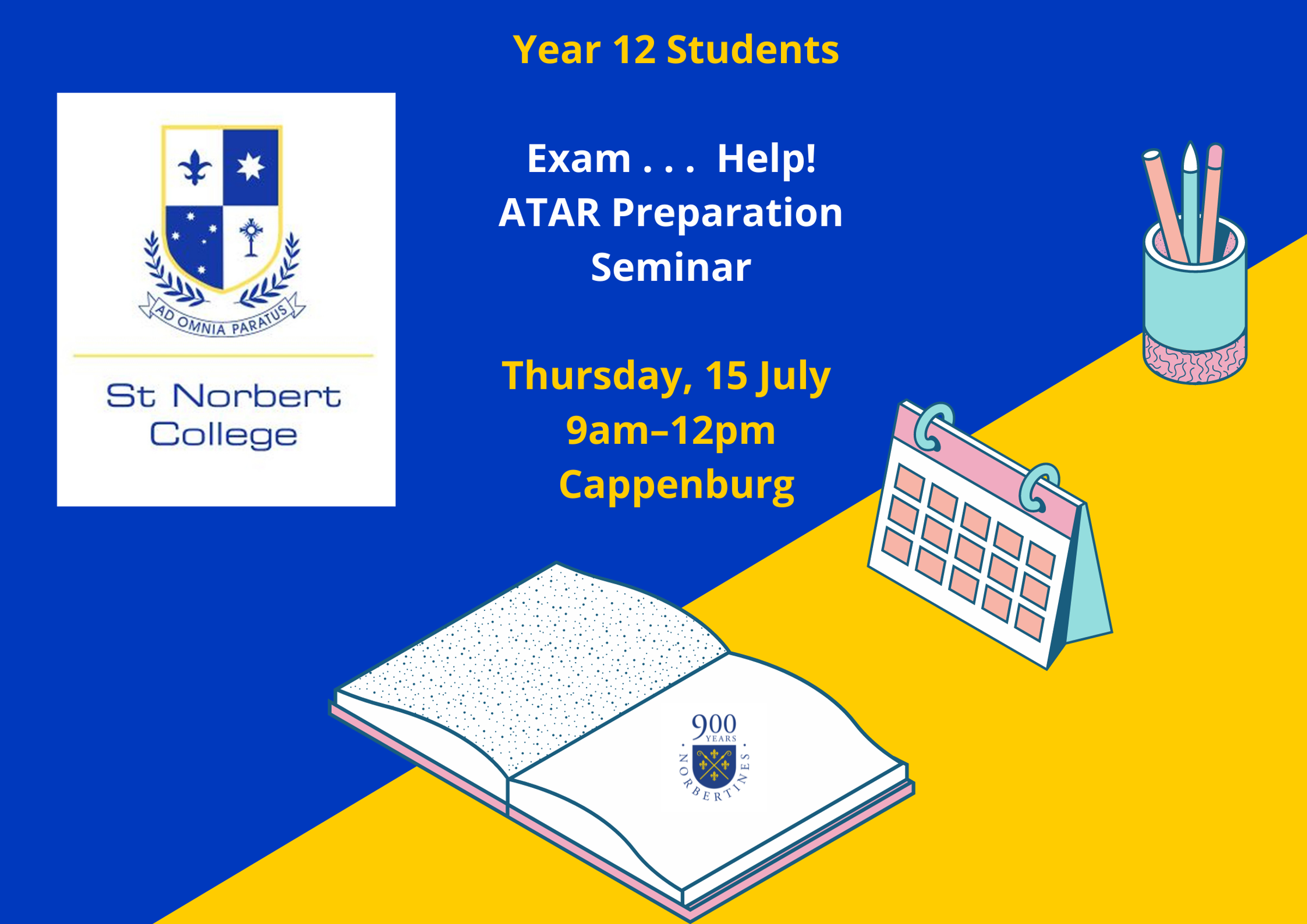Dean of Studies
Exam help and Early Offer Program (University of Notre Dame)

Dean of Studies
Exam help and Early Offer Program (University of Notre Dame)
By now, you have probably completed your examinations and assessments for Semester One, received your marks and reviewed your knowledge of the required content. The next step is to review and re-design you goals for Semester Two. In an article from 2017, Leadership and CEO Coach Sabina Nawaz highlights the simple changes (and dangers) around efforts to improve habits[1]:
“When we’re starting out on a new goal, we’re full of energy and enthusiasm. We eagerly make changes and take steps in our new direction in the first few weeks. But as time goes on, the newness wears off. Our energy drains, and we lose sight of our goal. Ultimately, we slide back into the status
quo.” (p.2)
Students will often commence with complex and sophisticated strategies to create good habits that they believe will bring success, however these tend to be quite lofty and ambitious, and Nawaz (2017, pp.2-3) emphasises the importance of tracking and reviewing your progress frequently.
“Noting your improvements each day encourages you to keep going. And by identifying where you’re falling short, you’ll notice patterns and make adjustments, so you won’t feel stuck in habits that feel unnatural or aren’t producing real change.”
Creating achievable goals and good habits for homework and study starts with three foundational steps:
By choosing a small task for each goal, you’re more likely to follow through and complete the task often, as taking on large tasks or too many tasks at once can be overwhelming. Once you have been successful and the task has evolved into a regular habit, you can repeat the process with a new task or activity, or increase the complexity of the original task.
The use of a simple tracking strategy aims to help students see their progress (and areas for ongoing improvement). In a similar way, using the key curriculum content or syllabus points may form part of your “Yes List” and help students to focus on mastery of content. Nawaz recommends that the “Yes List” is visible and located where you will see it regularly. By tracking your results with a daily reminder, you are able to see (and measure) your progress with a quick glance, creating a sense of accomplishment as the tallies of the “Yes” and “No” items is checked at the end of each day. After several weeks of tracking your habits, Nawaz also recommends identifying patterns that may need adjusting – recognising both the successes and the challenges that may be causing issues.
[1] “Breaking Bad Habits with a Simple Checklist” by Sabina Nawaz, Harvard Business Review. (February 10th, 2017)
All Year 12 ATAR students are invited to attend a school holiday exam and study seminar. The focus of the seminar will be on practical advice and strategies to refine your study and exam strategies for Term 3, and in preparation for the ATAR examinations in November. Students are welcome to attend from 9.00am for refreshments, with the seminar commencing at 9:30am. Student may dress casually and it is recommended that they bring a fully charged laptop.
Date: Thursday 15 July, 9am – 12pm
Venue: Cappenburg Building
Bookings essential via the following link: www.trybooking.com/BSOWG
The OLNA (Round 2) will take place in Term Three on the following dates:
Students will have received a letter indicating if they are required to attend the respective assessments in either the BP Forum or Business Centre.
The Young Achievers Early Offer Program is now open. To apply to the Fremantle campus, students will collate their Year 11 and Year 12* mid-year reports in a digital file, whilst applications to the Sydney campus, will need to provide their 8-digit NESA number ready to provide, and also collate their Year 11 and Year 12* mid-year reports in a digital file.
(* If you don’t haven’t received your Year 12 report yet, you can submit an application and provide this once available.)
In the application you will be asked about your non-academic commitments and to provide details. You may also wish to upload supporting documentation, which may include recommendations from school or community groups You may also include awards, certificates, articles and a curriculum vitae. Please note that some programs require specific information from applicants which accrediting bodies require. The University of Notre Dame consider the whole person and ask students to answer the following:
Visit: https://www.notredame.edu.au/study/early-offer/early-offer-2022 to find out how to apply.
Mr R Dowling
(Dean of Studies)